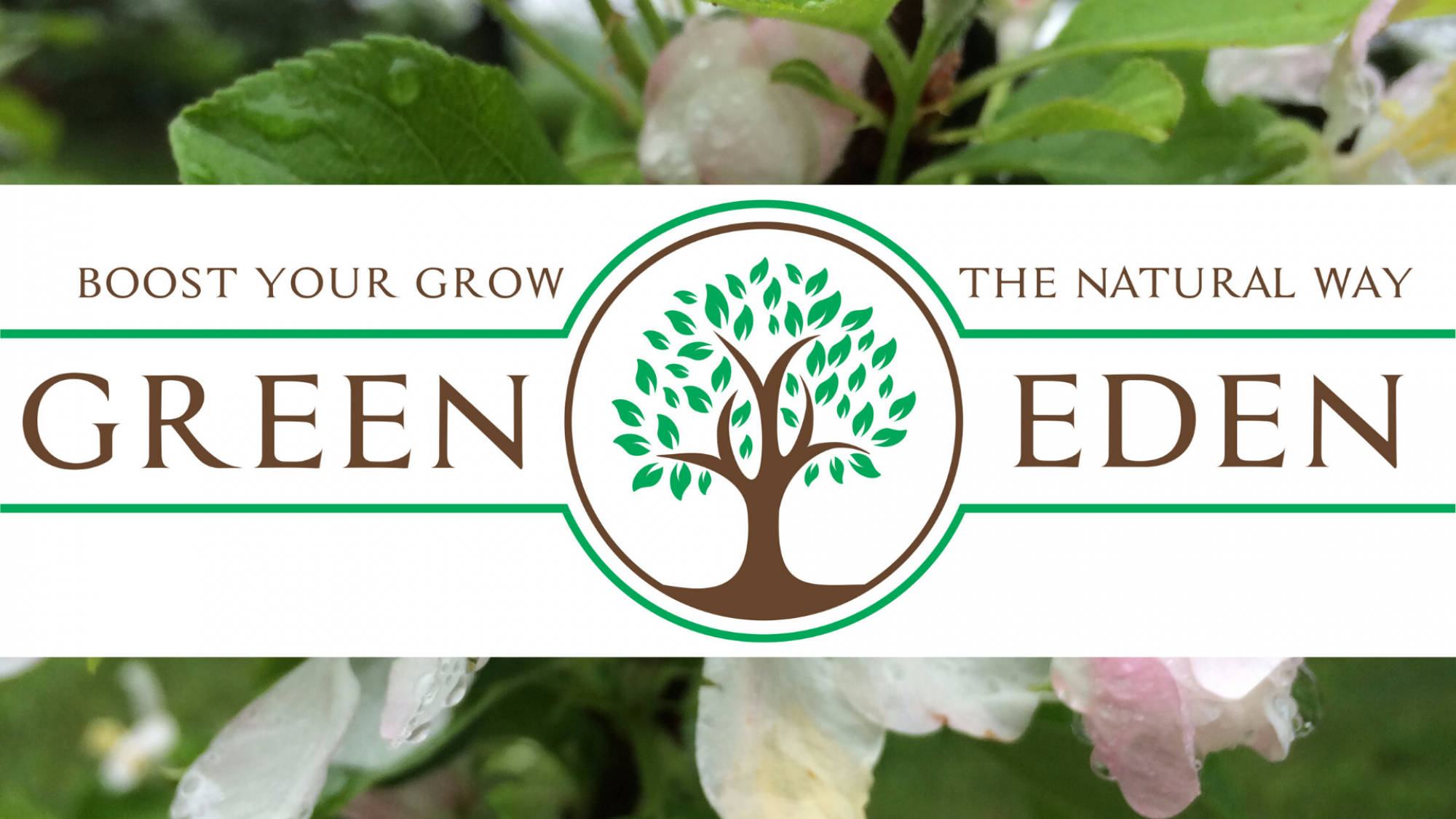What Are Mycorrhizae?
Myco, from the Greek word mýkēs, meaning “mushroom, fungus”.
Rhizae, from the Greek word rhíza, meaning “root”.
Mycorrhizae, a root fungus, that grows in symbiosis with plants, where the fungi provide nutrients and water that the plant roots could not get on their own. Mycorrhizae also enable plants to defend against pathogenic fungi and predators. In turn, the plant provides nutrients to the mycorrhizae through photosynthesis.
This process is 400 million years in evolution, as shown in fossil records. It has also been proposed that mycorrhizal fungi played a key role in bringing aquatic plants to land. Thus enabling the diversity and abundance of vegetation we have today.
The most prevalent form of Mycorrhizae, Endomycorrhizae (Arbuscular Mycorrhizae), colonizes approximately 85% of all plant species. Along with Ectomycorrhizae, which colonizes up to 5% of plants, mainly select hardwoods and conifers; covers the majority of plants on earth.
The remainder of Mycorrhizae Compatible Plants either have an association with other less prevalent mycorrhizae, or are non-mycorrhizal.
Why is this important? Many common practices adversely affect the natural state of Mycorrhizal colonization. Tillage (resulting in soil compaction), common nursery practices, over use of fertilizers, pesticides, and fungicides, and topsoil erosion, all negatively affect mycorrhizae formation. This can result in transplant shock, poor growth, plant loss, and reduced production and yields.
We at GreenEden advocate Mycorrhizae Compatible Plants for the natural way of plant and soil care. Low or no till, living soils, and striving for balance with nature. The evolution of the Mycorrhizal relationship with plants is essential in the development of a healthy ecology and growing great plants.
Which Mycorrhizal Fungi Do I Need?
The following is a list of plant/tree types and their mycorrhizal association:
Plant Types With Endomycorrhizal Association**
| Arborvitae | Celery | Grass | Mulberry | Ryegrass |
| Acacia | Cherry | Gum | Monkey Pod | Sassafras |
| Agapanthus | Chokeberry | Hackberry | Nasturtium | Sagebrush |
| Ailanthus | Chrysanthemum | Hawthorn | Okra | Serviceberry |
| Alder | Citrus (all) | Hemp | Olive | Sequoia |
| Alfalfa | Clover | Hibiscus | Onion | Silverbell |
| Almond | Coconut | Holly | Pacific Yew | Sourwood |
| Apple | Coffee | Hophornbeam | Palms (all) | Soybean |
| Apricot | Coral Tree | Hops | Palmetto | Squash |
| Artichoke | Corn | Horsechestnut | Pampas Grass | Strawberry |
| Ash | Cotton | Impatiens | Papaya | Sudan Grass |
| Asparagus | Cottonwood | Jojoba | Passion Fruit | Sugar Cane |
| Avocado | Crabapple | Juniper | Paulownia | Sambucus (Elder) |
| Bamboo | Cryptomeria | Kiwi | Paw Paw | Sunflower |
| Basil | Cucumber | Lavender | Pea | Sweet Gum |
| Bayberry | Currant | Leek | Peach | Sweet Potato |
| Bean | Cypress | Lettuce | Peanut | Sycamore |
| Begonia | Dogwood | Lily | Pear | Tea |
| Black Locust | Eggplant | Locust | Pecan | Tobacco |
| Blackberry | Elm | Ligustrum | Pepper | Tomato |
| Box Elder | Eucalyptus | London Planetree | Pistachio | Tree-of-heaven |
| Buckeye | Euonymus | Macadamia | Persimmon | Tupelo |
| Bulbs | Fern | Magnolia | Pittosporum | Walnut |
| Burning Bush | Fescue | Mahogany | Plum | Wheat |
| Cacao | Fig | Mahonia | Poinsettia | Willow |
| Cactus | Forsythia | Mango | Potato | Yam |
| Cannabis | Fountain Grass | Maples (all) | Poplar | Yarrow |
| Carrot | Fuchsia | Marigold | Raintree | Yew |
| Casuarina | Gardenia | Melons (all) | Raphiolepsis | Yucca |
| Cassava | Garlic | Mesquite | Raspberry | All nut trees except Pecan, Chestnut, and Hazelnut |
| Catalpa | Geranium | Millet | Redbud | All fruit trees, grapevines, grasses, and many vegetables |
| Ceanothus | Gingko | Mimosa | Rose | All berries except blueberry, cranberry, and lingonberry |
| Cedar | Grapes (all) | Morning Glory | Russian Olive | **Partial List of Compatible Species |
Plant Types With Ectomycorrhizal Association**
| Alder | Birch | Hemlock | Madrone | Poplar |
| Aspen | Chestnut | Hickory | Oak | Spruce |
| Basswood | Chinnquapin | Larch | Pecan | Willow |
| Beech | Fir | Linden | Pine | **Partial list of compatible species |
Both Endo and Ectomycorrhizal Association**
| Alder | Cottonwood | Hazelnut | Willow |
| Aspen | Eucalyptus | Poplar | **Partial list of compatible species |
Plants With Other/No Mycorrhizal Association**
| Brassica Family | Amaranth Family | Dianthus | Rushes |
| Ericaceae Family | Carnation | Protea | Sedges |
| **Partial list of non-compatible species |
